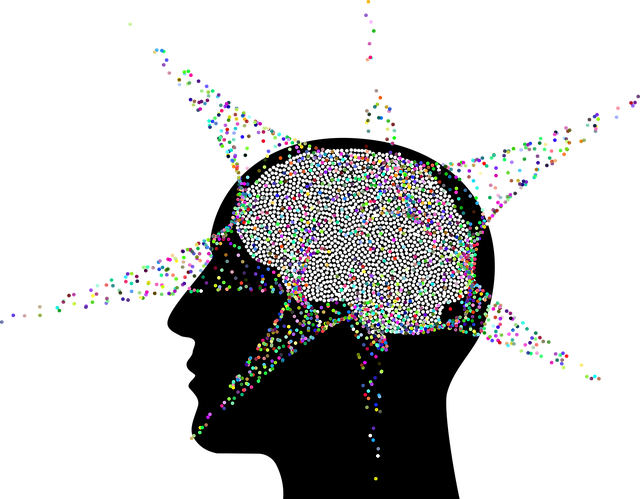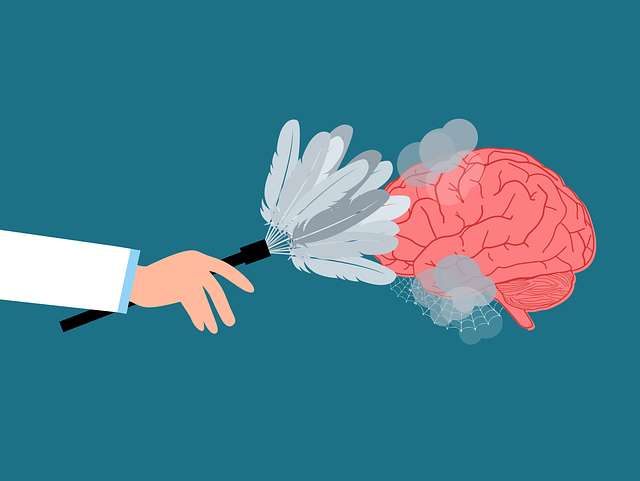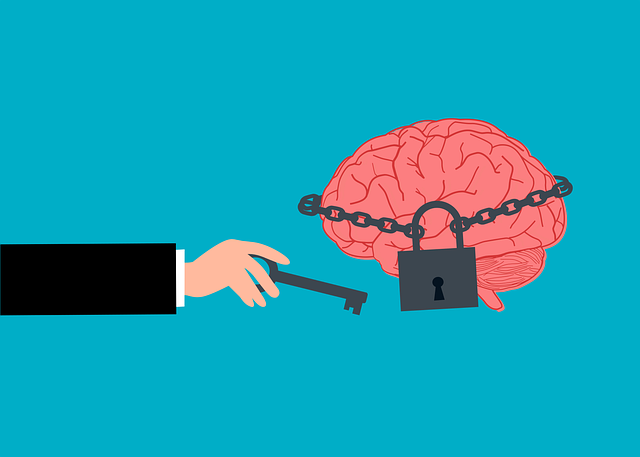Golden Independent Medical Evaluations (GIME) revolutionize therapy by offering unbiased, comprehensive mental wellness assessments that go beyond self-reporting. These evaluations identify strengths and areas for improvement, enabling tailored interventions like compassion cultivation and trauma support. Integrating quantitative data from standardized tools and qualitative feedback, GIMEs provide a holistic view of client outcomes, treatment adherence, and symptom reduction. This approach fosters effective care quality, lasting positive mental health changes, and empowerment through inner strength development.
Mental wellness programs are integral to overall well-being, yet their evaluation remains a complex task. This article delves into effective methods for assessing these programs, focusing on three key areas: understanding the unique needs of mental wellness initiatives, implementing robust Golden Independent Medical Evaluations (GIMEs), and exploring metrics and techniques for therapy program evaluations. By examining these aspects, we can ensure the success and impact of mental health support systems.
- Understanding Mental Wellness Programs and Their Evaluation Needs
- Golden Independent Medical Evaluations: A Comprehensive Approach
- Therapy Program Evaluation Metrics and Measurement Techniques
Understanding Mental Wellness Programs and Their Evaluation Needs

Mental wellness programs are designed to support individuals in managing and improving their emotional well-being. These initiatives can range from individual therapy sessions to group support meetings and holistic practices like compassion cultivation and mindfulness training. Evaluating the effectiveness of such programs is crucial for ensuring they meet their intended goals, whether it’s enhancing emotional regulation, facilitating mood management, or fostering overall mental health.
Golden Independent Medical Evaluations (GIME) play a pivotal role in this process by providing objective assessments that go beyond self-reporting. These evaluations help identify key areas of improvement and measure progress over time. By incorporating strategies like compassion cultivation practices, professionals can gain deeper insights into participants’ mental wellness journeys. This data-driven approach allows for tailored interventions, ultimately enhancing the quality of care and supporting individuals in cultivating lasting positive changes.
Golden Independent Medical Evaluations: A Comprehensive Approach

Golden Independent Medical Evaluations (GIMEs) offer a comprehensive approach to mental wellness program evaluation, ensuring thorough and unbiased assessments. These evaluations are crucial for individuals seeking therapy, as they provide an in-depth look at their mental health status, identifying strengths and areas requiring support. By involving independent medical professionals, GIMEs foster trust and transparency, which is essential when navigating sensitive topics like trauma.
Incorporating these evaluations into therapy practices enhances the overall effectiveness of treatment plans. The process considers not just the individual’s current state but also their historical experiences, cultural background, and inner strengths. This holistic perspective allows for more tailored interventions, such as Trauma Support Services or Healthcare Provider Cultural Competency Training, ultimately leading to better outcomes and fostering a sense of empowerment through Inner Strength Development.
Therapy Program Evaluation Metrics and Measurement Techniques

Evaluating therapy programs is a multifaceted process that goes beyond simple satisfaction surveys. Golden Independent Medical Evaluations (GIME) offer a robust framework for assessing the effectiveness of therapeutic interventions. Metrics such as client outcomes, treatment adherence, and symptom reduction are crucial indicators. These can be measured through standardized assessments, clinical interviews, and self-reported questionnaires, providing quantitative data on the success of the program.
Furthermore, qualitative methods like client feedback sessions and focus groups offer insights into the emotional healing processes and overall mental health awareness fostered by the therapy program. Integrating these diverse evaluation techniques allows for a comprehensive understanding of the program’s impact, informing continuous improvement in line with the evolving needs of participants and best practices in mental health education programs design.
Evaluating mental wellness programs is a multifaceted process, encompassing various methods from independent medical evaluations to therapy program metrics. As highlighted in our discussion on golden independent medical evaluations and therapy assessment techniques, a comprehensive approach ensures that these programs are effective, accessible, and tailored to individual needs. By leveraging robust evaluation methods, we can foster better mental health outcomes and revolutionize care in today’s digital era.














